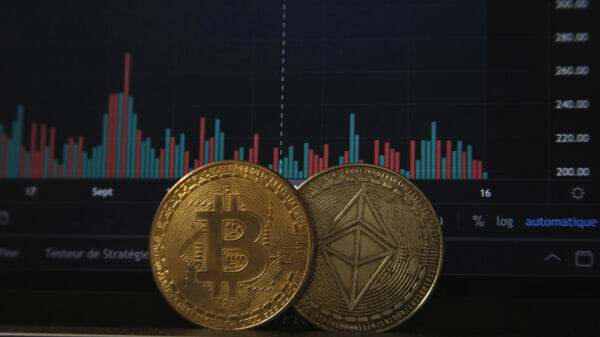The UK saw a significant decrease in its inflation rate, dropping from 10.1% in March to 8.7% in April. This decline was mainly due to a decrease in energy and gas prices. The exclusion of the sharp 47.5% energy price hike from April 2022 played a key role in this reduction, resulting in a natural decrease in the comparison of inflation rates.
Although the overall inflation rate showed improvement, the core Consumer Price Index (CPI), which excludes energy and food prices, saw a different trend. Core CPI increased from 6.2% to 6.8% last month, reaching its highest level in thirty years.
Despite the drop in overall inflation, food prices remained high at 19.1% in April, maintaining a relatively stable position compared to the previous month’s 19.2%. Service inflation also experienced a modest 1.6% month-on-month increase.
Market expectations have adjusted with the anticipation of two more interest rate hikes from the Bank of England. It is now believed that interest rates will peak at 5.2% by the middle of the year.
These numbers come after new forecasts from the International Monetary Fund (IMF) suggesting that instead of facing a recession in 2023, the UK economy is expected to grow by 0.4%.
UK bond markets sold off on Wednesday and traders pencilled in further interest rate rises after inflation fell much less than the Bank of England had forecast. https://t.co/Klzr2Eyg2O
— Personal Finance (@ftmoney) May 24, 2023
Neil Birrell, Chief Investment Officer at Premier Miton Investors, commented on the inflation data, noting that while UK inflation is moderating, the progress is slower than expected. This leaves the Bank of England with little choice but to continue raising interest rates in their upcoming meeting.
Richard Carter, Head of Fixed Interest Research at Quilter Cheviot, recognized the positive aspect of the inflation decline but highlighted the challenges ahead. Carter pointed out that an 8.7% inflation rate is still considerably high, with prices continuing to rise significantly. He predicts a gradual decrease in the inflation rate, especially if the IMF’s forecast proves accurate.
If wage growth continues on an upward trend, the Bank of England is likely to consider further interest rate hikes. This decision is particularly important if core inflation remains at its current high level. While the bank is encouraged by the inflation movement, it remains cautious about concluding its interest rate hiking cycle prematurely.
Image Source: Ascannio / Shutterstock













































